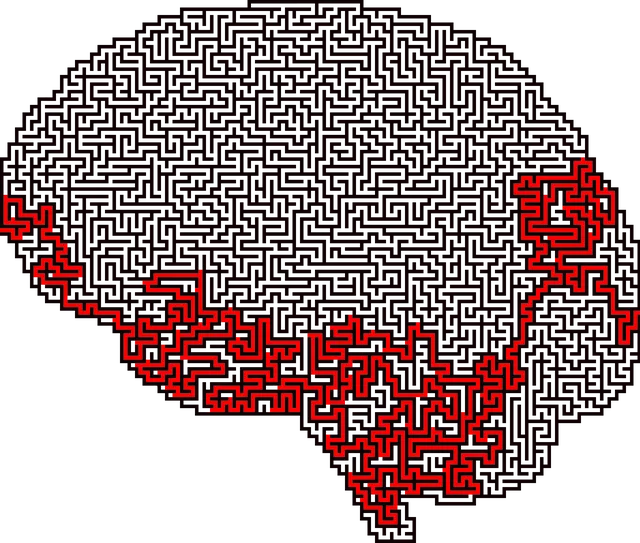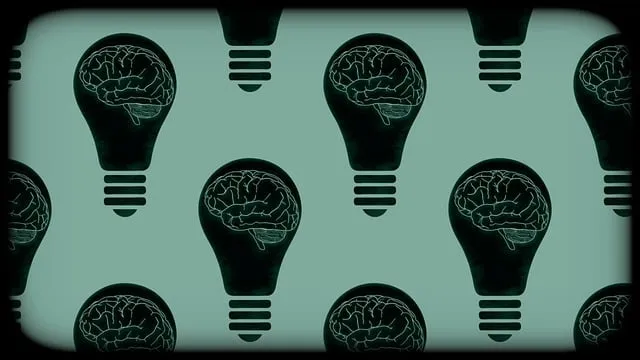The Kaiser Permanente mental health center in Northglenn employs the RFM framework (Reliability, Flexibility, Mastery) to enhance resilience among clients. They offer tailored programs like Cultural Sensitivity training and Emotional Well-being techniques, empowering individuals with tools to navigate life's challenges. Through evidence-based practices, exercises, and community outreach, the center promotes improved mental health and quality of life for all backgrounds, fostering resilience against future stressors.
At Kaiser Permanente’s mental health center in Northglenn, resilience is more than a buzzword—it’s a cornerstone of patient care. This article explores how the RFM framework and resilience-building exercises are transforming lives. We delve into the concept of RFM, its role in enhancing mental well-being, and the practical applications shown through success stories at Kaiser Permanente Northglenn. Discover how these exercises are revolutionizing patient outcomes and fostering a more resilient community within the healthcare setting.
- Understanding RFM: A Framework for Resilience in Northglenn's Mental Health Center
- The Role of Resilience Building Exercises in Kaiser Permanente's Approach
- Benefits and Impact on Patient Mental Well-being
- Practical Application: Designing Effective Exercise Programs
- Success Stories: Real-Life Transformations at Kaiser Permanente Northglenn
Understanding RFM: A Framework for Resilience in Northglenn's Mental Health Center

The Kaiser Permanente mental health center in Northglenn leverages the RFM framework—a powerful tool for building resilience among its clients. RFM stands for Reliability, Flexibility, and Mastery, each component reflecting crucial aspects of mental well-being. Reliability refers to consistent routines that provide stability, a foundation for managing stress. Flexibility involves adapting to change, fostering emotional agility in the face of life’s challenges. Mastery encourages individuals to take control, develop skills, and achieve personal growth.
Through tailored programs, the Northglenn mental health center incorporates Cultural Sensitivity in Mental Healthcare Practice, Social Skills Training, and Emotional Well-being Promotion Techniques within the RFM framework. These integrated approaches cater to diverse client needs, ensuring that everyone receives support that resonates with their unique backgrounds and experiences. By fostering resilience, the center equips individuals with the tools necessary to navigate life’s storms, promoting lasting mental health and improved quality of life for all clients, regardless of their background.
The Role of Resilience Building Exercises in Kaiser Permanente's Approach

At Kaiser Permanente’s mental health center in Northglenn, resilience building exercises play a pivotal role in fostering emotional well-being and enhancing coping mechanisms among individuals seeking support. These exercises are meticulously designed to empower patients with the tools needed to navigate life’s challenges, promoting long-term mental wellness. Through a combination of evidence-based practices, the healthcare provider offers a holistic approach that goes beyond traditional therapy.
Resilience training focuses on cultivating emotional intelligence and mood management strategies tailored to each individual’s unique experiences. By incorporating these exercises into their care plans, Kaiser Permanente ensures that patients not only address immediate concerns but also develop lasting resilience, enabling them to confront future stressors with greater ease. This proactive approach aligns with the Healthcare Provider Cultural Competency Training, reflecting a comprehensive understanding of mental health care in today’s diverse society.
Benefits and Impact on Patient Mental Well-being

Participating in RFM (Resilience, Fitness, and Mindfulness) exercises at the Kaiser Permanente mental health center Northglenn offers a multitude of benefits for patient mental well-being. These programs are designed to enhance resilience, improve physical fitness, and cultivate mindfulness – all essential components of a holistic self-care routine development for better mental health. Regular engagement in such workshops can significantly reduce stress levels, thereby fostering an environment conducive to emotional balance and psychological stability.
The impact extends beyond individual sessions; consistent practice empowers individuals with effective stress management strategies. This not only improves their day-to-day functioning but also enables them to navigate life’s challenges more adeptly. By incorporating RFM exercises into their routines, patients at the Kaiser Permanente mental health center Northglenn can experience improved mental wellness and a heightened sense of control over their emotional well-being, ultimately leading to a higher quality of life.
Practical Application: Designing Effective Exercise Programs

At the Kaiser Permanente mental health center Northglenn, professionals recognize the importance of practical application when designing effective exercise programs for resilience building. These programs are tailored to meet the diverse needs of individuals seeking to enhance their coping mechanisms and overall well-being. By integrating evidence-based practices, such as Social Skills Training and Crisis Intervention Guidance, the center offers a comprehensive approach to mental health support.
The exercises focus on various aspects, including Conflict Resolution Techniques, to empower participants with practical tools for managing stress, anxiety, and potential crises. Through interactive sessions, individuals learn to navigate challenging situations, improve communication, and foster positive relationships. This hands-on approach ensures that the strategies learned can be effectively implemented in daily life, promoting a sense of resilience and self-efficacy among participants.
Success Stories: Real-Life Transformations at Kaiser Permanente Northglenn

At Kaiser Permanente Northglenn, a leading mental health center, the implementation of innovative programs has led to remarkable real-life transformations. Through their dedicated Community Outreach Program, they have been able to extend support beyond traditional clinic settings, reaching individuals and families in need within the local community. This approach not only enhances access to care but also fosters a sense of belonging and resilience among participants.
The success stories from Kaiser Permanente Northglenn highlight the power of tailored interventions. Their Crisis Intervention Guidance has played a pivotal role in empowering individuals to navigate challenging situations with increased coping mechanisms and adaptability. By combining evidence-based practices with a human-centric touch, the center ensures that resilience building becomes an integral part of their patients’ journeys, enabling them to bounce back from adversities stronger and more equipped.
Resilience is a powerful tool for enhancing patient mental well-being, as demonstrated by the successful implementation of RFM and resilience building exercises at the Kaiser Permanente mental health center in Northglenn. By integrating these practices into treatment programs, healthcare providers can empower individuals to navigate life’s challenges with greater fortitude. The practical application strategies outlined in this article offer a roadmap for designing effective exercise programs, while the success stories from Kaiser Permanente Northglenn serve as inspiring examples of real-life transformations. This holistic approach to mental health care, combining evidence-based methods and individualized support, has the potential to revolutionize how we address resilience building within the healthcare system, particularly in vibrant communities like Northglenn.






